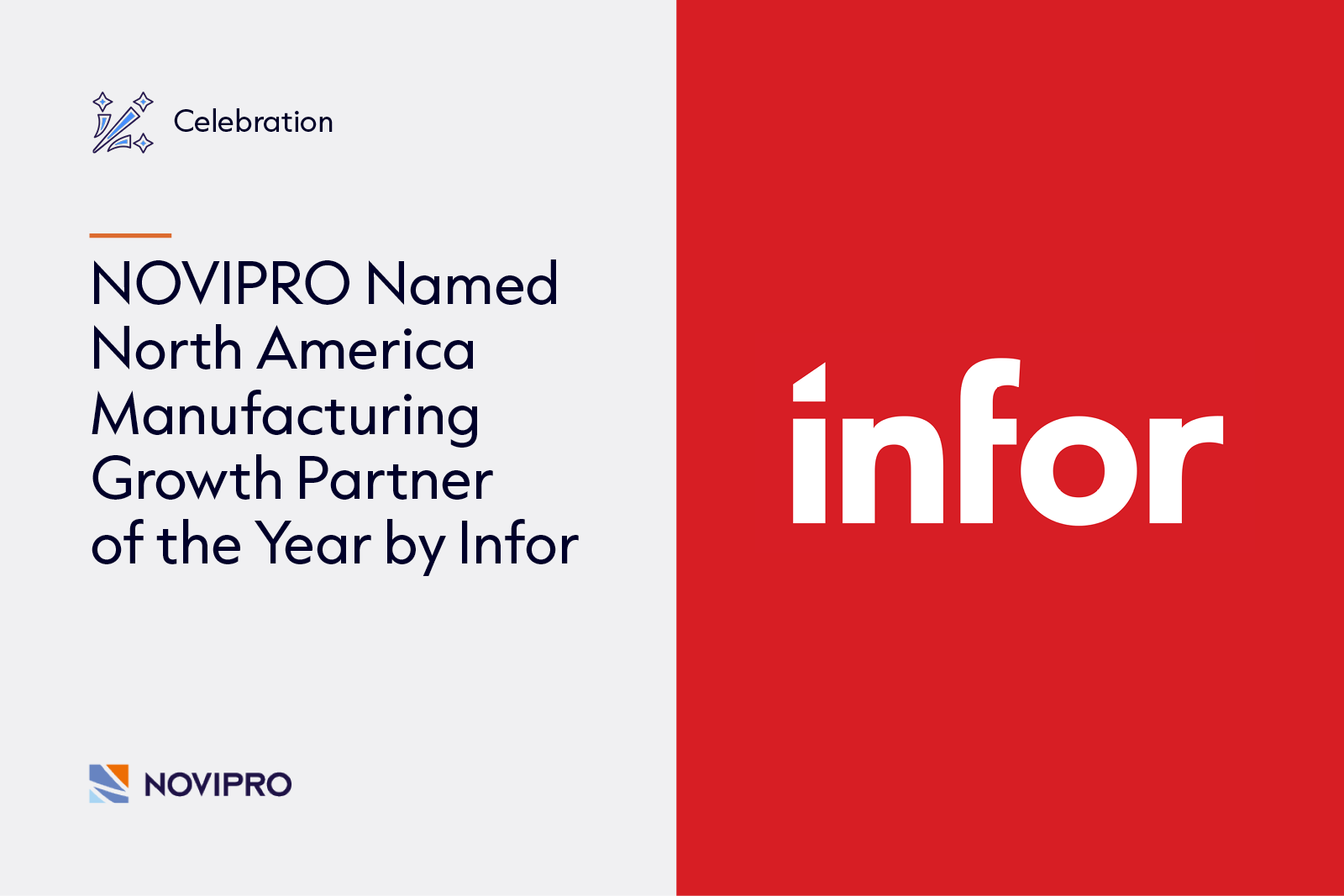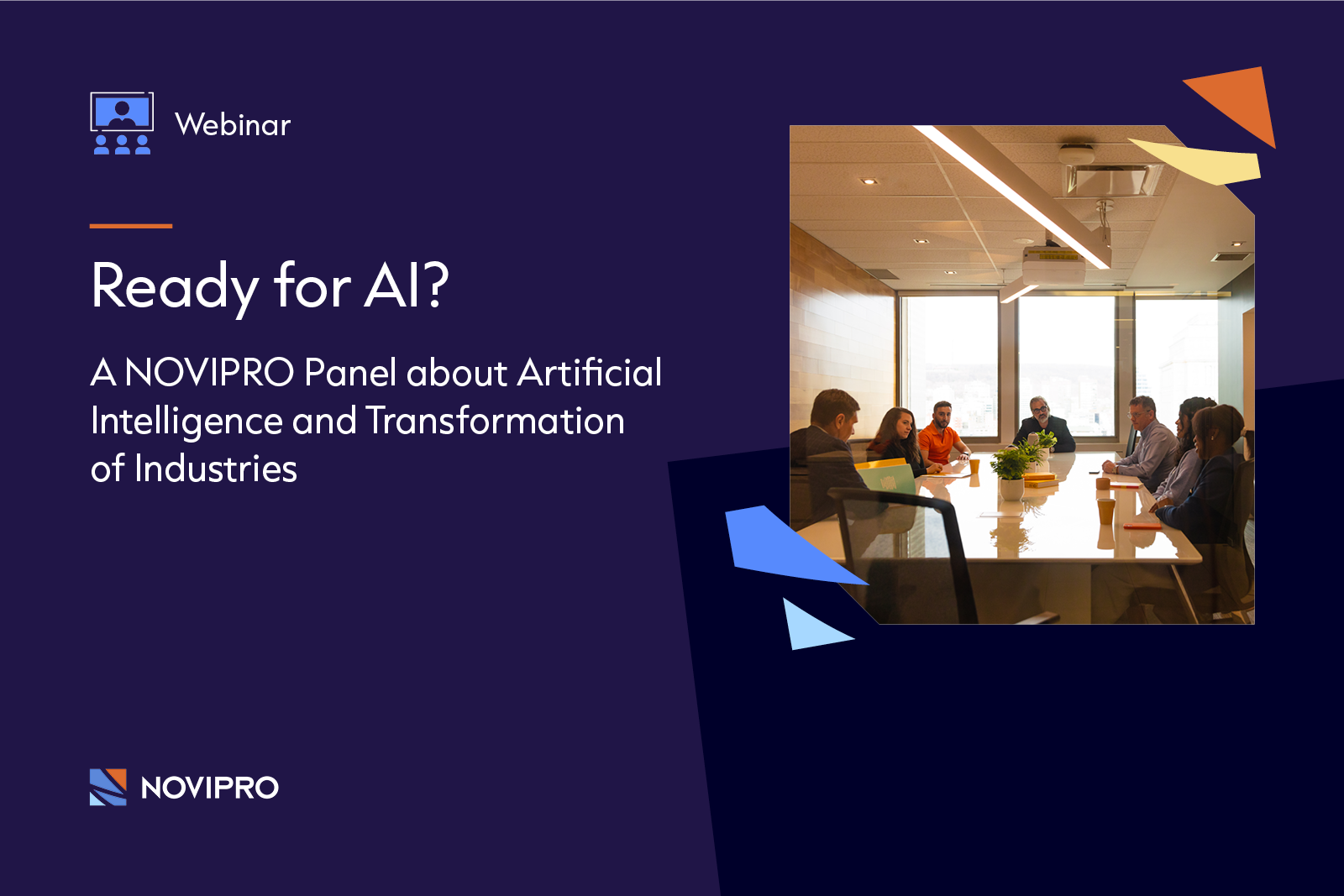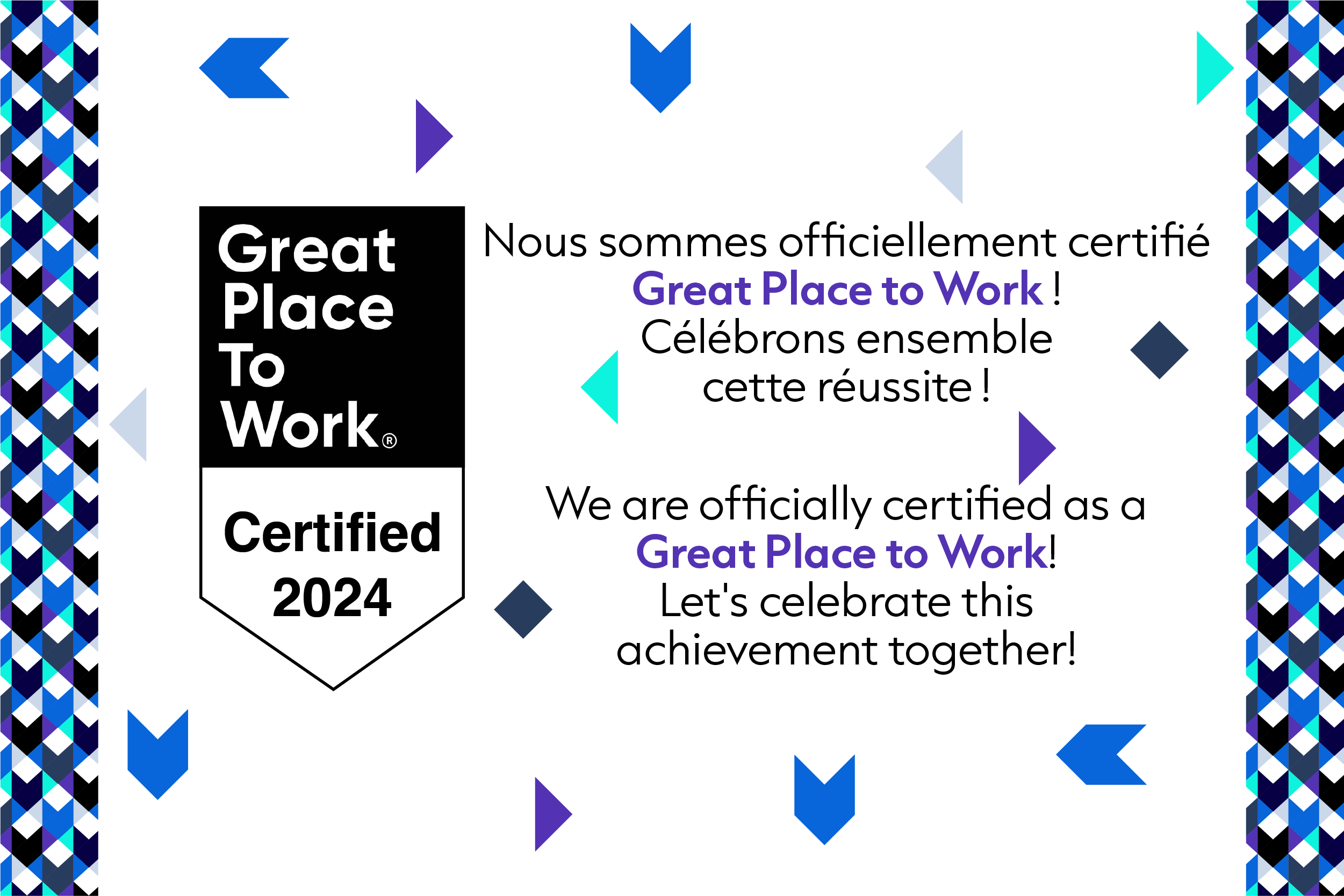Fast-paced development in the IT world is paving the way for all kinds of new possibilities. The schools tasked with training tomorrow’s business leaders and executives must ensure that graduates are equipped to use technology efficiently for innovation and business growth.
“In the future, businesses will need managers prepared to navigate the technological shift,” says Yves Paquette, co-founder and CEO of NOVIPRO. “That’s why we need young leaders who are IT literate and understand the role of information technology in organizations.”
This partly explains why introductory IT courses have long been included in the curriculum at Concordia University’s John Molson School of Business. “Once students have completed a major in a specific field, they specialize with a minor,” says Anne-Marie Croteau, the school’s dean. “In recent years, we’ve noticed that minors in business intelligence and IT management have been very popular—so much so that we’ve had to hire new professors. It’s a great problem to have!”
Technology vs. business needs
Sharp IT reflexes will better prepare the next generation to critically assess fast-changing business environments. At the same time, businesses will also have to be open to hearing what these new managers have to say. “It will be a matter of survival for many companies,” claims Paquette. And a challenge, too. In the words of Anne-Marie Croteau, “where data governance is concerned, some companies have already understood why it makes sense to have unified and shared client data, but others still keep their data in silos, with some data in one system, more data in an Excel spreadsheet, etc. So when a new employee comes in and says the data should be unified and shared, they are likely to face resistance. That’s why we’re working to groom these younger workers to be a driving force behind the company’s performance.”
How do you make sure that ideas tabled by new managers get heard?
According to Yves Paquette, training is a big part of it. “Not too long ago, personnel training was just for new employees. Today, we should be training established managers to adapt to ideas presented by newer team members.”
That being said, NOVIPRO’s president and CEO also believes that input from seasoned leaders remains crucial. “We can only let younger workers develop and implement groundbreaking systems if they’re able to demonstrate how the company will benefit from them.” Thus, while newbies have a lot to contribute to a company, the older generation can help them learn about the business, its processes, the issues it faces and its broader context.
In short, businesses should welcome new ideas, and tech-minded managers have to do their homework. “At John Molson, we teach best practices for analyzing business needs and for developing and implementing technologies that will support these needs,” explains Anne-Marie Croteau. “Unfortunately, businesses don’t always have the tools or structure required to implement these practices.”
To make the lessons relevant, Croteau underscores the importance of regularly exposing students to real-life situations. This can be done via in-class case studies, internships at large and small companies and contests in which teams of students propose solutions that are judged by business leaders and industry experts. Regular exposure to complex business and technology issues gives students a solid base that prepares them to join the workforce and will help them throughout their careers.
Free exchanges of ideas
Companies that want to help new and old employees discuss fresh approaches and share first-hand experiences should set up designated spaces, like special brainstorming areas, where teams can see how their ideas can fit into the current context.
For businesses, the key to innovation is fostering discussion between people who have a deep understanding of the company’s reality and others with an eye for emerging technology.








